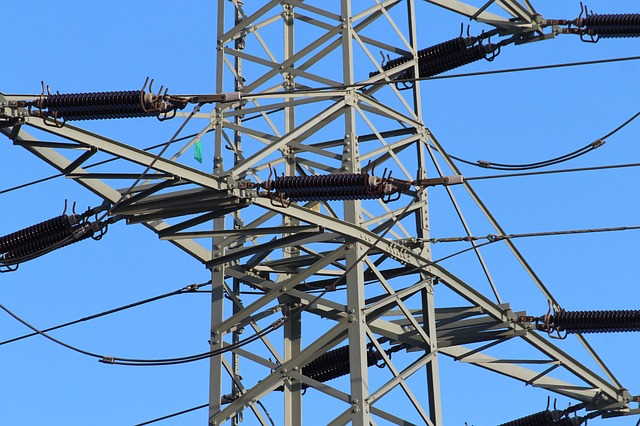
The Kenya Electricity Generating Company (KenGen) recently signed an agreement with Nairobi Metropolitan Services (NMS) to build a power plant in a Nairobi suburb that will convert landfill waste into electricity. The agreement comports with a broader agenda that KenGen has pursued since coming under the stewardship of Managing Director and CEO Rebecca Miano in 2017 to enact sustainability-oriented policies.
The project’s implementation and completion is contingent on the findings of a feasibility study that KenGen intends to commission from qualified external consultants. A high bar has been set for any firm that applies to provide the consultancy service, requiring documented evidence proving that the applicants possess the requisite qualifications and experience to perform the full range of services needed. The feasibility study’s purview will extend beyond a basic cost assessment and will also include reviewing the various options to determine specific facets that the project ought to comprise. The decision to commission an unbiased and professional third party to perform the feasibility study was also designed to guarantee that the project is planned and executed efficiently, so as not to waste state funding.
The site that has been chosen provisionally for the project is the Dandora landfill in an eastern suburb of Nairobi, pending the feasibility study’s findings on the viability of using that site. The project, if implemented on the site, will solve the acute and ever-worsening problem faced by NMS to dispose of the solid waste it collects on behalf of the city. The dumpsite at Dandora has already been packed with almost quadruple its intended half-million ton capacity, and NMS has continued to transport in excess of 2,500 tons more daily to that site. The planned waste-to-energy plant on the site will gradually deplete the excess tonnage, easing the Kenyan capital’s acute waste problem while also providing Nairobi City Hall with a steady flow of revenue.
The new plant, which is to transform garbage into electricity, will not only help offset Nairobi’s urgent garbage disposal problem, but is also expected to serve as an impetus for mandating new garbage sorting rules for individual households in the greater metropolitan area. NMS Director General Mohamed Badi said he expected that local residents would be required to begin to sort their garbage, separating the recyclable paper, plastic, and metal waste from other, non-recyclable waste. This will allow for more efficient delivery of the waste that is suited to be used as fuel by the new KenGen plant, while concomitantly facilitating other recycling efforts in a more cost-effective manner.
According to the agreement that was reached with NMS, KenGen will build and operate the new power plant on land that is either inside the Dandora landfill or in its immediate vicinity. In addition to easing the municipality’s waste disposal problem and producing a new source of revenue for the city, the new project is also envisioned as one that will strengthen the national Kenyan electricity grid. KenGen currently produces close to 80% of all electricity in Kenya and adding the new plant will ease the burden borne by other KenGen power plants in times of peak demand. As of 2020, KenGen was generating 1,796.4 megawatts of electricity annually in its array of power plants across the country from a variety of geothermal, thermal, and hydroelectric sources. By introducing the use of garbage as fuel, the new plant is also expected to help reduce the cost of generating electricity in Kenya over time, potentially lowering the bills paid by consumers.
The new project fits with the broader strategic agenda that KenGen has actively been pursuing in recent years to advance environmentally responsible and sustainability-oriented policies, which it drafted with the UN’s Kyoto Protocol as its basis. Whereas the Dandora waste-to-electricity plant will help improve the environment in the urban expanse of the greater Nairobi area, KenGen’s other green projects have focused primarily on the rural expanse, which is where the majority of its power plants are located. For example, KenGen made a pointed effort to contribute to biodiversity and afforestation initiatives by donating more than 1.5 million trees, which were then planted near its power plants. It also invested in providing modern sanitation and accessible water to towns and villages that are situated near its plants. Commenting on KenGen’s sustainability goals, Mrs. Miano, the managing director and CEO of KenGen, remarked in a recent statement that the company was committed to the “broader development goals of the United Nations, particularly the Sustainable Development Goals.”
The fate of the Dandora landfill project hinges on the findings and recommendations of the commissioned feasibility report. If a path forward is charted out, Nairobi will become the third African city—after Durban, South Africa and Addis Ababa, Ethiopia—to use waste to generate electricity on a large scale.











